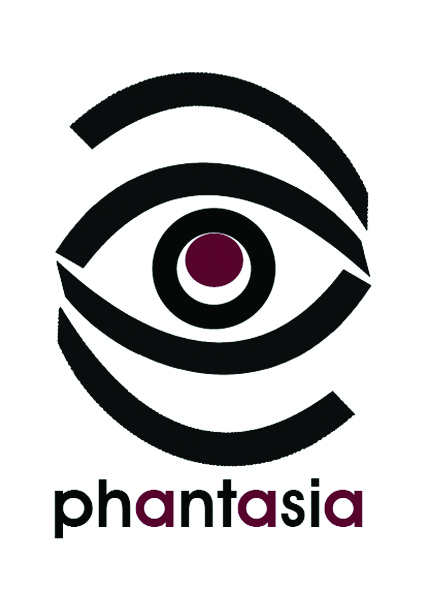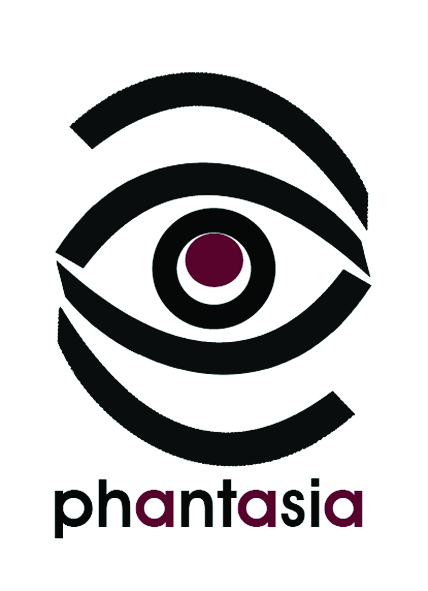Phantasia is a scientific journal with an international editorial board, it appears biannually and is trilingual (English, French, German). It publishes exclusively online and all publications are freely available on open access.
In line with the Centre Prospéro – Langage, image et connaissance (UCLouvain Saint-Louis – Brussels, Belgium), which founded the journal, Phantasia is of an interdisciplinary nature: the journal invites research in the domains of speculative philosophy, the history of philosophy, philosophical anthropology, literary theory, the history of literature, comparative literature, psychoanalysis, as well as in theater or film studies.
The journal is specifically devoted to the question of the imagination in all its forms. Articles rigorously articulate issues and themes as varied as consciousness, perception, emotions, corporeality, representation, image, aesthetic experience, language, textuality, writing, politics, the social sphere, law, history, culture or knowledge in general. Published articles should enrich in a precise manner our understanding of the imagination and its productions without diminishing its complexity. They should highlight the proximity and/or distance that the imagination has with its real or presupposed “others”. Publications are not connected with a particular interpretative school, author or movement. Here we are not concerned with naively constructing yet another cognitive paradigm, especially since the journal welcomes the most critical positions with regard the alleged powers of the imagination. Rather the journal seeks to render the specific theme of the imagination “operational” in its multiple relationships within the different fields of experience and thought, in order to enlarge its scope and provide it with a unique place of exposition.
The journal principally publishes research articles, but may also publish translations or book reviews. All articles submitted to the journal are made anonymous and then evaluated according to the principle of “double blind” peer-review by members of the editorial board. However, for certain articles the editors of the journal reserve the right to have recourse to external expert reviewers when deemed necessary. Similarly, a third expert opinion may be sought if required.



